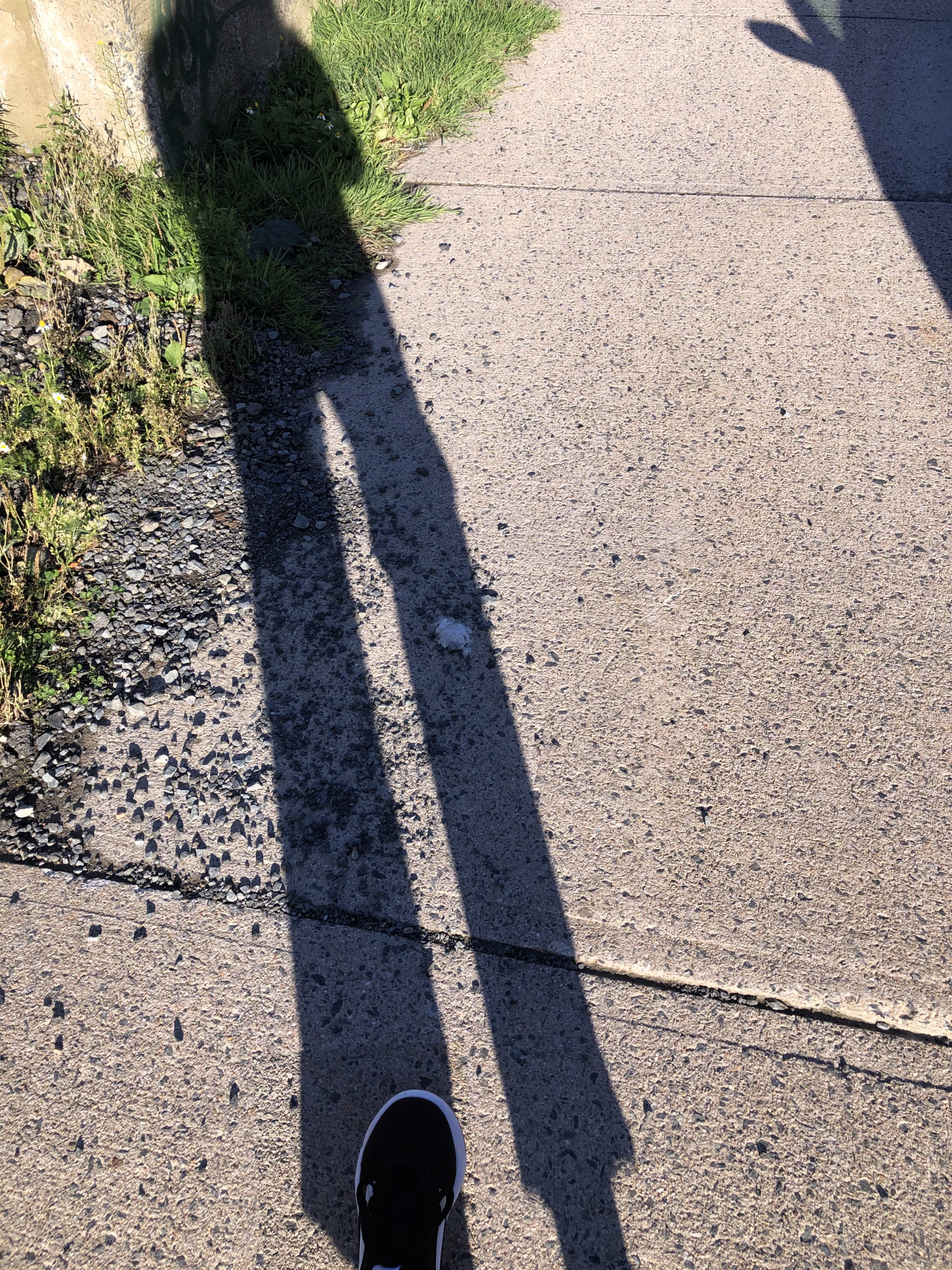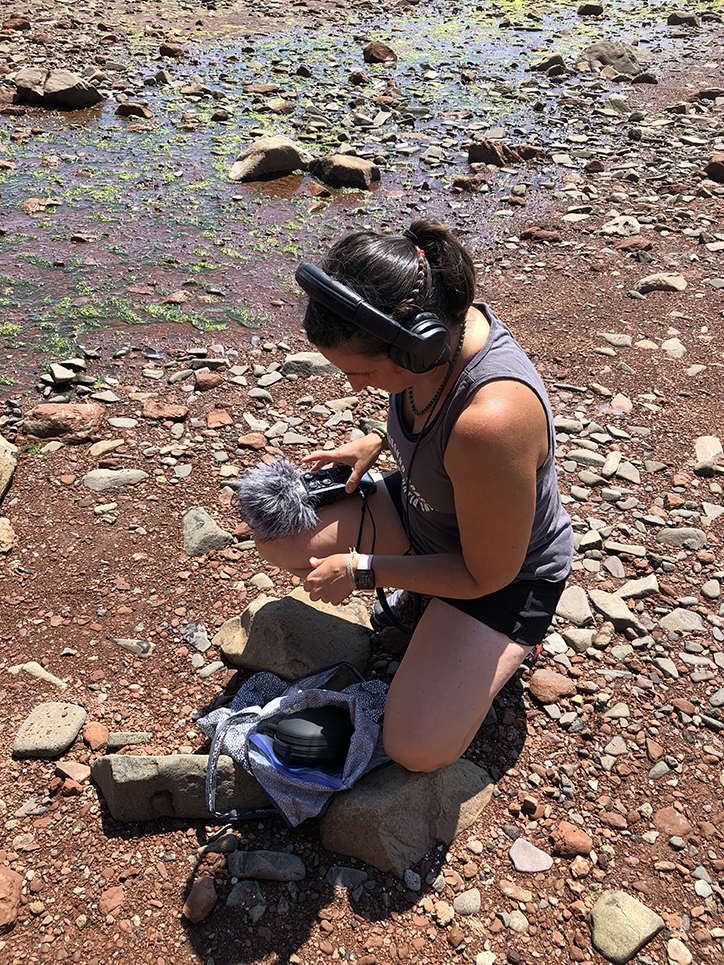Sparśa is a soundscape art piece I created from audio recordings of biophony and geophony taken from Gatineau National Park, Canada in the summer of 2019. The title, Sparśa means “sense impression” in Sanskrit. The piece was initially exhibited in a gallery, paired with a kinetic drawing that had a swivel mechanism mounted on the back so that it may be turned and viewed, sensed, or interpreted at different angles while listening to the soundscape through headphones.
For this particular project, bringing the soundscape out of the gallery setting and replacing the drawing with the act of walking, participants are encouraged to engage with their own surroundings and environments while experiencing “sense impression” during this 8-minute piece.
The original version can be accessed on Soundcloud:
https://soundcloud.com/kelly-markovich/sparsa-biophony-2019-11-09





